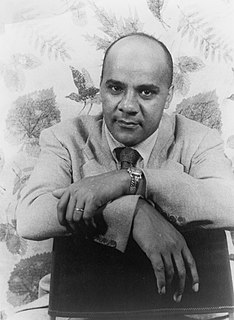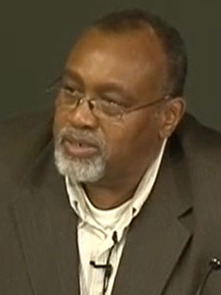A Quote by Bryan Stevenson
We've all been acculturated into accepting the inevitability of wrongful convictions, unfair sentences, racial bias, and racial disparities and discrimination against the poor.
Quote Topics
Related Quotes
Embracing a certain quotient of racial bias and discrimination against the poor is an inexorable aspect of supporting capital punishment. This is an immoral condition that makes rejecting the death penalty on moral grounds not only defensible but necessary for those who refuse to accept unequal or unjust administration of punishment.
Racial problems can't be easily reconciled with a pat account about racism and discrimination that lets us sort of relax into saying when we finally get this right, when we get rid of racism, when we reach the post-racial society, everything is going to be okay. Well, no, because along the way here, as we've not yet been in this racial nirvana, facts on the ground have been created.
Sometimes the facts of the crime are so distracting - there's been some tragic murder or horrific incident, and people aren't required to think as carefully and thoughtfully, and directly, about this legacy of racial inequality and structural poverty. And what it's contributing to these wrongful convictions.
Mandatory minimum sentences give no discretion to judges about the amount of time that the person should receive once a guilty verdict is rendered. Harsh mandatory minimum sentences for drug offenses were passed by Congress in the 1980s as part of the war on drugs and the "get tough" movement, sentences that have helped to fuel our nation's prison boom and have also greatly aggravated racial disparities, particularly in the application of mandatory minimum sentences for crack cocaine.
...The Court ...[recognizes]...the persistence of racial inequality and a majority's acknowledgement of Congress's authority to act affirmatively, not only to end discrimination, but also to counteract discrimination's lingering effects. Those effects, reflective of a system of racial caste [legal segregation and discrimination] only recently ended, are evident in our work places, markets, and neighborhoods. Job applicants with identical resumes, qualifications, and interview styles still experience different receptions, depending on their race.




































